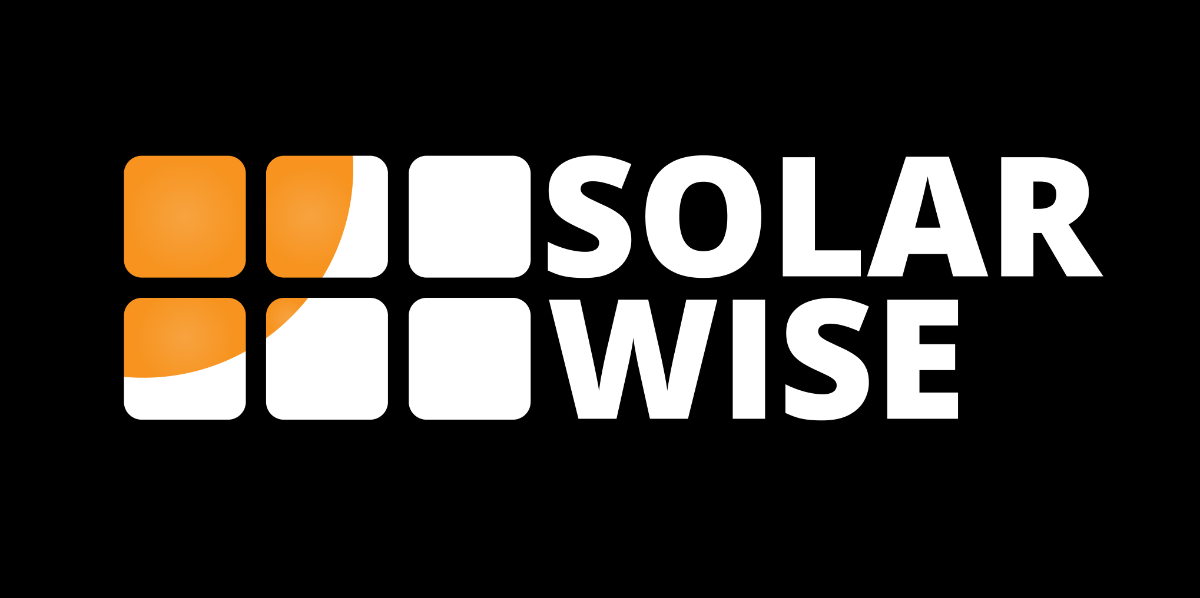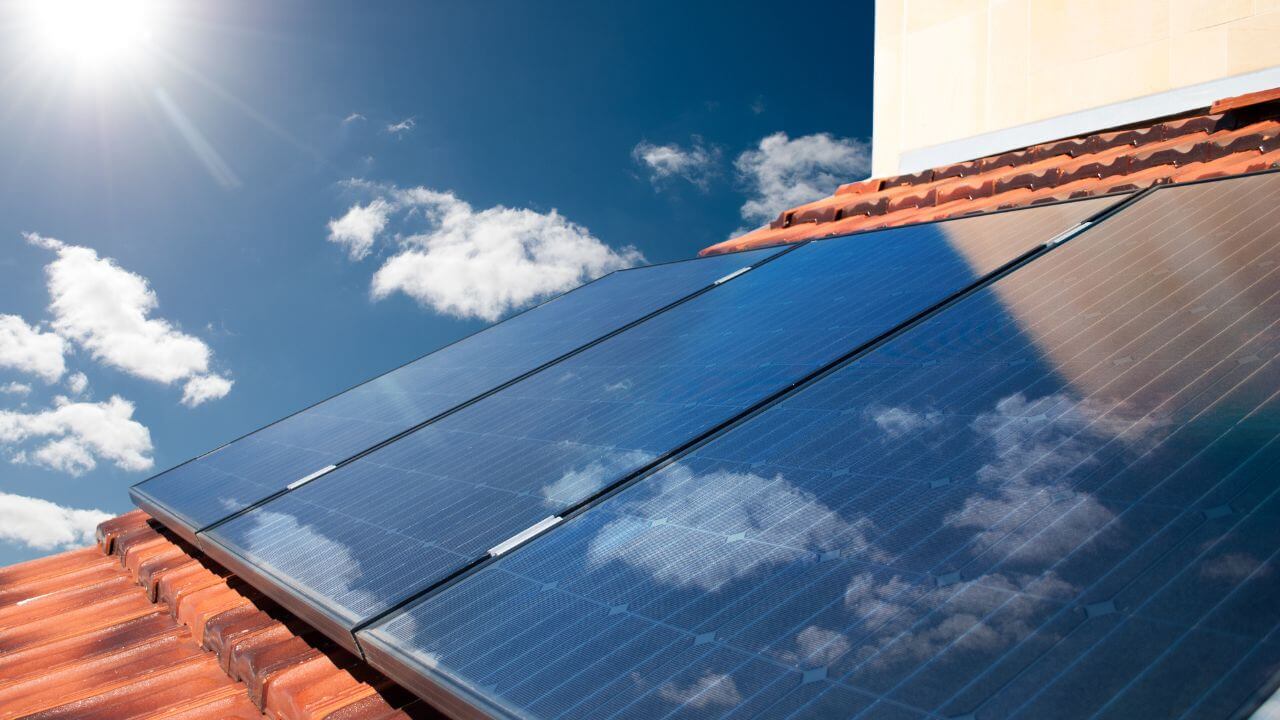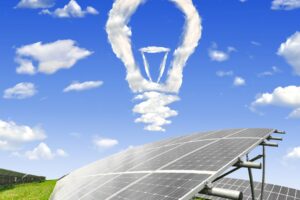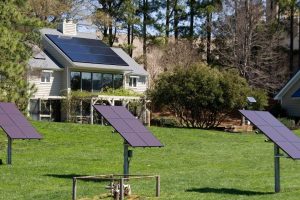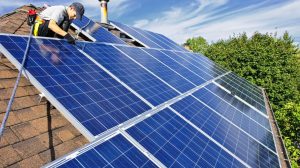Solar energy has seen an impressive rise in adoption, offering an eco-friendly and economical solution. Nevertheless, switching to solar might not be right for every person. Here, we’ll explore various circumstances and factors that might deter one from going solar. From geographical challenges and budgetary constraints to property ownership complexities, we’ll touch upon situations that might make solar power less feasible for some. Dive in with us as we explore these contexts, guiding you to determine if solar energy aligns with your specific requirements.
Limited sunlight exposure
Despite progress in solar panel technology enhancing their capability to absorb sunlight even in overcast conditions, there remains a limitation to these improvements. Individuals residing in regions with scarce sunlight or long durations of cloud-covered skies might discover that the expenses linked with solar panel installation surpass the advantages garnered from this technology. Therefore, it’s essential for people pondering on adopting solar energy to scrutinize the weather trends in their locality and ascertain if their region receives sufficient sunlight year-round to justify this investment decision.

Credit: wikipedia.org
Short-term living arrangements
Short-term living arrangements require careful consideration when it comes to renewable energy investments. Solar energy is an excellent way to reduce utility bills over time, but it may not make sense financially if the payback period extends beyond your planned move-out date. Homeowners should consider their long-term energy goals before committing to the expense of solar panel installation. The upfront cost of buying and installing solar panels can be a considerable expenditure for homeowners, and it may take years to see a return on investment. This payback term is often too long for those who are only planning to stay in their current home for a short time.
Renters or tenants
Renters or tenants often lack the authority to install solar panels in their living spaces, as the decision ultimately lies with the property owner. Even if granted permission, tenants may not reap the long-term benefits of their investment since those would typically go to the property owner once the tenant moves out. Thus, for renters, the financial incentives of solar energy might not be as compelling, making investing in this renewable energy source less attractive.
Living in historic or protected areas
Residents of historic districts or protected areas may face restrictions when installing solar panels on their properties. This is because regulations and preservation efforts seek to maintain the integrity of these areas. Many historic districts contain century-old buildings, some even date back to colonial times. Installing solar panels on these structures can be challenging due to their age, design, and construction materials. Additionally, some heritage organizations argue that adding modern technology like solar panels can detract from the aesthetic value of historically significant buildings. Similarly, protected areas such as national parks or wildlife reserves also have strict regulations regarding installing solar panels. These regulations aim to protect the natural environment and prevent damage caused by unsustainable practices like large-scale development or resource extraction.
Insufficient roof space or structure
Venturing into solar energy might not be practical for individuals residing in houses with restricted roof areas or a roofing framework incapable of bearing the weight of solar panels. Although adopting solar power seems appealing, it may not be attainable if your dwelling’s roof fails to satisfy certain criteria.
Another primary consideration when investing in solar energy is the roof space available for panel installation. Solar panels require significant amounts of unobstructed space to function optimally and generate enough electricity to power your home. The orientation and angle at which your roof faces also play an essential role in determining how much sunlight your system can capture throughout the day.
Financial constraints
Given the considerable upfront costs, people with restricted financial means might perceive the initiation into solar energy as a steep challenge. The accumulation of expenses for solar panels, installation, and associated charges can escalate quickly, potentially deterring budget-conscious people from considering solar energy a viable option. Nevertheless, it is crucial to acknowledge the long-term economic benefits that solar energy investment harbors. Over time, individuals can anticipate a reduction in their monthly utility expenses and a notable decrease in their environmental impact, fostering a positive influence on the planet.
With the introduction of more economical financing alternatives, embracing solar energy is gradually becoming a feasible option for individuals from various economic backgrounds.
Access to affordable renewable alternatives
Opting for solar energy may not always be the most economical decision in regions where other green energy resources like wind or hydropower are easily accessible and budget-friendly. Despite the recent surge in popularity solar power has experienced due to its environmentally friendly and sustainable characteristics, it may not be the premier choice for certain locales. For example, these renewable alternatives might outperform solar energy solutions in regions with prevalent strong winds or access to substantial water resources capable of producing hydroelectric power.
Wind energy stands as a significant contender in the green energy sector, holding the potential to phase out conventional fossil fuels. Wind turbines function by capturing the kinetic energy from the wind flows interacting with their blades. This energy method is especially fitting for seaside areas or high-altitude mountainous regions that experience robust winds all year round.
To conclude
Solar energy presents various advantages, yet it is vital to assess personal situations before committing. By grasping the constraints associated with location, financial resources, property ownership, and more, you can make a knowledgeable choice about solar energy’s suitability. Remember that the renewable energy field is perpetually changing, and staying up-to-date with new developments and alternative options is essential for making the most environmentally friendly and economically sound decisions for your energy requirements.
